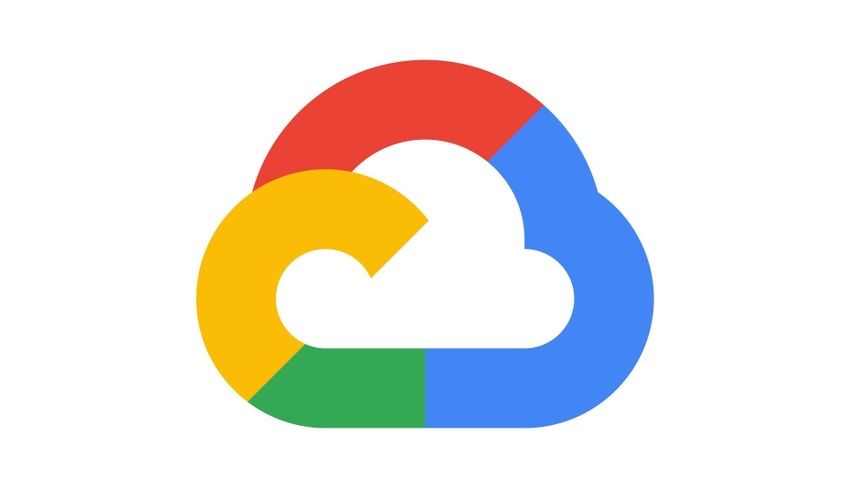Bell rings the changes with Google Cloud pact
Bell Canada has become the latest major telecom to announce its latest public cloud deal, this time hooking up with Google Cloud to give its network and IT infrastructure a leg up.
July 16, 2021

Bell Canada has become the latest major telecom to announce its latest public cloud deal, this time hooking up with Google Cloud to give its network and IT infrastructure a leg up.
The deal brings together Bell’s 5G network with Google’s multi-cloud, data analytics and artificial intelligence (AI) capabilities, the telco said. Amongst other things, the deal will see Bell move critical workloads to the cloud, including IT, network functions and applications. Bell will also use Google’s multi-cloud solution, Anthos, to bring greater automation and flexibility and, crucially, support its desire to use different cloud environments.
The partnership comes just six weeks after Bell buddied up with Amazon Web Services (AWS) to enable it to overhaul its business and consumer applications, as well as to offer AWS-powered multi-access edge computing (MEC) to business and government users.
Bell describes the Google Cloud tie-up as a multi-year partnership and later intimates that it plans to work with the hyperscaler for the next decade to address the growing and evolving demands on mobile networks. The pair will look at new cloud solutions for enterprises and consumers powered by Google edge solutions, and the use of AI and automation to improve customer service, as well exploring new ways to evolve the network experience and introduction of next-generation services.
“We’re excited to partner with Google Cloud as part of our ongoing digital transformation and take Bell’s 5G network leadership to the next level,” said Bell Canada chief executive Mirko Bibic. “Supporting Bell’s goal to advance how Canadians connect with each other and the world, Google’s proven expertise in cloud and leadership in sustainability will provide our customers with even faster, more reliable access to the best broadband network and communications services in Canada,” Bibic said, in a statement that doesn’t actually tell us a lot.
But it doesn’t need to; it’s pretty clear which way the wind is blowing for big telecoms operators.
Bell has done two public cloud deals in as many months, and it is not the only one. A fortnight ago its peer from south of the border, AT&T, announced its intention to hand over its 5G core to Microsoft Azure and just a week later disclosed that it is furthering its existing partnership with Google Cloud to bring to market 5G and edge solutions aimed at businesses in various verticals.
US mobile market newcomer Dish passed over its entire 5G network to AWS back in April, but that was less of a surprise, given that the operator made it clear from the start that it would take a cloud native approach to network rollout and embrace Open RAN technologies. AT&T’s big rival Verizon, meanwhile, recently hooked up with IBM and Red Hat to build an open hybrid cloud platform with automated operations and service orchestration as the foundation of its 5G core; essentially, it’s pushing further into cloud native, and could well make a public cloud announcement before too long.
Meanwhile, back in Canada, Telus announced a 10-year strategic partnership with Google Cloud earlier this year. Much like Bell, it was looking for help with its network and IT modernisation initiatives, operational agility, and improved customer experience – all the usual buzz phrases from a telco public cloud deal.
That handful of recent telco cloud deals covers North America only. Looking more broadly, the world is the hyperscalers’ oyster and indications are that they will keep diving for those telco transformation pearls.
About the Author(s)
You May Also Like








.png?width=300&auto=webp&quality=80&disable=upscale)


_1.jpg?width=300&auto=webp&quality=80&disable=upscale)


.png?width=800&auto=webp&quality=80&disable=upscale)